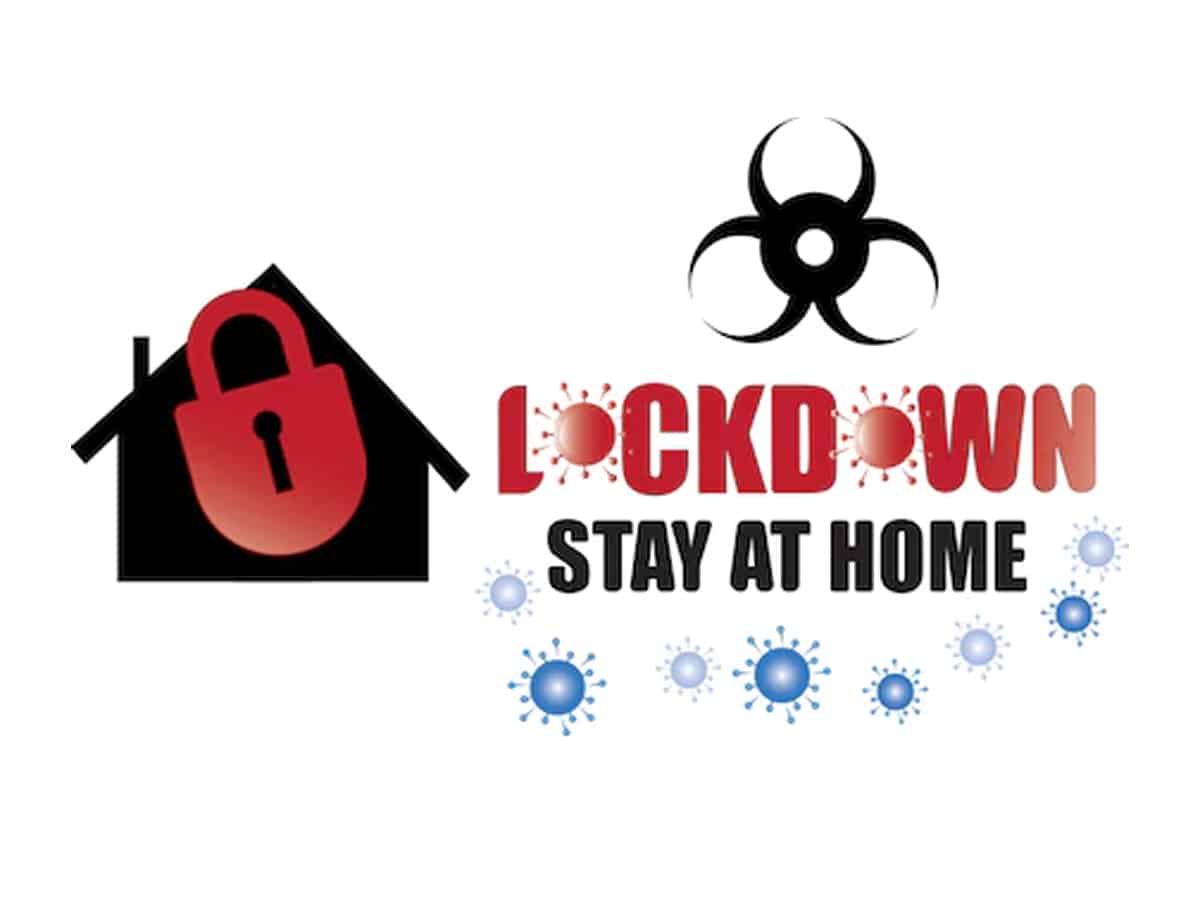Washington: The global health crisis is taking a nasty political turn with tensions worsening between governments locked down to keep the coronavirus at bay and people yearning to restart stalled economies and forestall fears of a depression.
Protesters worrying about their livelihoods and bucking infringements on their freedom have taken to the streets in some places. A few countries are acting to ease restrictions, but most of the world remains unified in insisting it’s much too early to take more aggressive steps.
In the United States, there is clear evidence of the mounting pressure. The Trump administration says parts of the nation are ready to begin a gradual return to normalcy. Yet some state leaders say their response to the pandemic is hindered by a woefully inadequate federal response.
After insisting the country’s virus testing system was without fault, President Donald Trump announced Sunday evening that he would be using the Defense Production Act to compel increased manufacturing of testing swabs one of several products governors have been begging the president to help them acquire. White House officials will also be holding a call Monday with the nation’s governors to help walk them through where to find supplies, he said.
Trump also remained defensive, however, vowing that there were enough swabs to go around. Swabs are easy, the president said, bringing one to his news briefing and waving it in front of reporters.
That came hours after Washington state’s Democratic governor, Jay Inslee, accused Trump of encouraging insubordination and illegal activity” by goading protesters who flouted shelter-in-place rules his own administration has encouraged.
To have an American president to encourage people to violate the law, I can’t remember any time during my time in America where we have seen such a thing, Inslee told ABC’s This Week.”
He said it was dangerous because it can inspire people to ignore things that actually can save their lives. Trump supporters in several states have ignored social distancing and stay-at-home orders, gathering to demand that governors lift controls on public activity.
The largest protest drew thousands to Lansing, Mich., on Wednesday, and others have featured hundreds in several states. The president has invoked their rallying cry, calling on some states with Democratic governors to LIBERATE, and he defended the demonstrations Sunday night, saying these people love our country.
They want to go back to work. Inslee likened Trump’s response to schizophrenia.
Larry Hogan, the Republican governor of Maryland, said it just doesn’t make any sense. We’re sending completely conflicting messages out to the governors and to the people, as if we should ignore federal policy and federal recommendations, Hogan said on CNN’s State of the Union.
Shutdowns have disrupted economic, social, cultural and religious life and plunged the world into a deep economic slump unseen since the Great Depression. Tens of millions of workers have lost their jobs and millions more fear they’ll be next.
With the arc of infection different in every nation and across U.S. states, proposals have differed for coping with the virus that has killed more than 165,000.
China, where the pandemic began, has lifted travel and other restrictions, but customer traffic has been slow to return.
Germany is enforcing social distancing but on Monday intends to begin allowing some small stores, like those selling furniture and baby goods, to reopen. Spain said children can leave their homes beginning April 27. Albania planned to let its mining and oil industries reopen Monday, along with hundreds of businesses.
The death toll in the U.S. was near 41,000 with more than 758,000 confirmed infections, while the global total has surpassed 2.4 million, according to a tally by Johns Hopkins University.
The European Center for Disease Control said the continent now has more than 1 million confirmed cases and almost 100,000 deaths from the coronavirus.
The true figures are likely significantly higher since mild infections can be missed, testing is limited and many countries have been too overwhelmed by illnesses to effectively count them or have tried to underplay the extent of their outbreaks.

